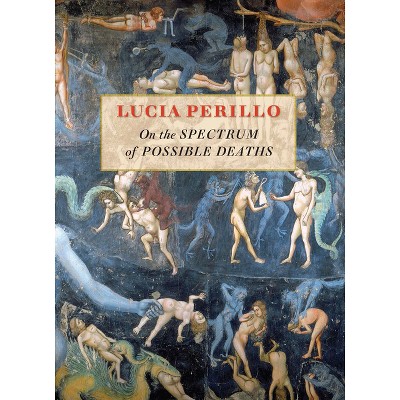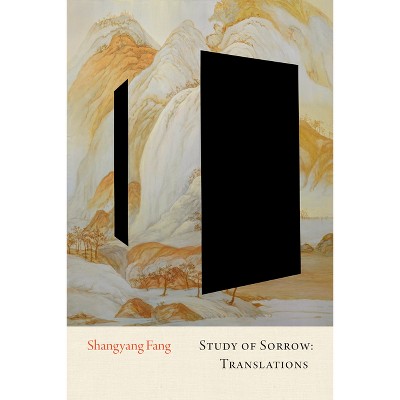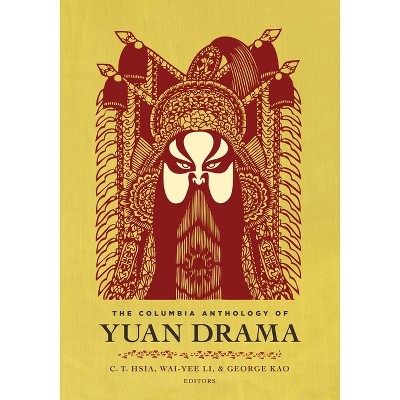
If a Mountain Lion Could Sing - by Xin Qiji (Paperback)
$18.00Save $4.00 (18% off)
In Stock

Eligible for registries and wish lists
About this item
Additional product information and recommendations
Frequently bought together

$9.33
MSRP $17.00
Save $5 when you spend $25 on select books
4.6 out of 5 stars with 157 ratings
Related Categories
Trending Poetry

$15.19
Save $5 when you spend $25 on select books
5 out of 5 stars with 2 ratings

$11.55
was $12.93 New lower price
Save $5 when you spend $25 on select books
4.3 out of 5 stars with 12 ratings














